Many years ago an arts spokesperson for the SNP launched an extraordinary attack on Scottish Opera, saying, ‘If push comes to shove, if I were arts minister and had to choose between the survival of Gaelic music and Scottish Opera, I would say rich people could always go to Salzburg for lieder and Sydney for opera.’
With various parties now competing for the class-war-and-grievance vote, I sense a return of this kind of rhetoric in debates on Scottish culture, arts and politics. Scottish Opera routinely invite Scotland’s politicians to their productions and their invitations are routinely ignored. The feeling is that there are votes to be lost in being seen supporting elitist culture. The fact that Scottish Opera offers £10 tickets to all under 26, something you don’t find replicated at Celtic or Rangers, counts for nothing.
Culture and education are being weaponised by political voices. There is collusion between some artists and writers and some political journalists. One of the most prominent, Joyce McMillan of the Scotsman, claimed during the referendum campaign that she knew very few Scottish artists (or was it none at all?) who supported the continuation of the UK.
But it is not only journalists who are cosy with our politically driven writers; it is government ministers too. A row erupted a few years ago after teachers expressed anxieties that the then education minister was interfering in the curriculum to force pupils to study more Scottish, rather than English literature. Teachers were complaining that they were being railroaded into abandoning Shakespeare and Dickens in favour of ‘dire’ modern Scottish works.
The then minister Mike Russell and his main advisor Liz Lochhead, the then makar, Scotland’s equivalent of the poet laureate, announced a significant change in policy in 2012 after it was recommended by a special working group that he increase Scottish studies. When teachers spoke to the press about this they did so anonymously. ‘There was meddling, and this was definitely at government level, over the issue of Scottish texts,’ said one. Another fretted, ‘It is no longer good enough to teach a good text… it has to be “tartaned”.’ Encouraged by all of this, a number of ‘creatives’ have rushed in to seize their opportunity.
The writer and critic Stuart Kelly says: ‘The notion that the primary function of studying Scottish literature is to discover its vexed… relationship to the constitutional settlement… is not only crass, it is symptomatic of an academic culture overly concerned with patrolling and defending the borders of its own institutional existence. In a wider context, too close a relationship between academia and arts bureaucracy can lead to a deadening effect on cultural production: academics advise the Arts Council on which authors ought to receive funding; they likewise sit on judging panels of prominent prizes and in the past have reviewed new writing for periodicals.’
Unsurprisingly, this development has impacted on the kind of work receiving official encouragement and promotion. Boosterism is widespread: Scottish works are treated as simultaneously sublime and neglected. J.D. Fergusson is greater than Matisse; Hamish MacCunn is greater than Mahler; Alasdair Gray is greater than James Joyce. And the reason for Gray’s superiority to Joyce is that he is a man of the people, writing for the political realities and aspirations of ‘the new Scotland’, whereas the author of Ulysses was a writer ‘lucky enough to write baffling, unreadable prose during a period in which it was the vogue to elevate baffling, unreadable prose’, according to the writer Alan Bissett, one of the emerging court jesters of the new political establishment.
If one questions this assessment and the new cultural orthodoxy up here, one is being disloyal and unpatriotic, as some have discovered. Andrew O’Hagan had the temerity to question Neil Ascherson’s romantic puff piece on Scottishness, Stone Voices, in the LRB, and was subjected to a tirade of abuse that inferred he was a disgrace to Scotland. Another past SNP arts spokesman, and one-time president of the Saltire Society, Paul H. Scott suggested that O’Hagan was motivated by disgust and ‘venomous contempt’ at his own Scottishness. Eighties pop star Pat Kane accused O’Hagan of ‘fetishising, sociopathic abuse’. What crime had O’Hagan committed? He had suggested that Scottish writers and intellectuals were too ‘willing to serve as soft-pedalling merchants to national character’.
Outsiders have noticed this too and complained. In a Guardian review of the Edinburgh Festival Fringe a few years ago headed ‘If Scottish critics love it, it must be good — right?’, Lyn Gardner noted that Scottish critics uniformly gushed over Scottish work which others generally found so-so. ‘So what’s going on? Are Scottish critics protecting their own?’
The pathology runs deep. Anyone praised by London is dubious. When Stuart Kelly was appointed a judge for the Man Booker prize, it was inferred that he was a pawn of the metropolitan elite. The (Glasgow) Herald said he would ‘face questions’ if there were not at least two Scottish writers on the longlist! This is reflected in, for example, the adulation of the James plays at the Edinburgh Festival, the relentless swooning over very minor work while ignoring things written by Scots outside Scotland. It’s not just O’Hagan who is ignored and disdained up here. Also marginalised are Andrew Crumey and Jenny Turner.
There is a vile, parochial, kleinstadtisch perspective from some of our cultural commentators which outwardly eschews elitism, but is profoundly motivated by an ideology of resentment and grievance. When portraits were rehung in the Scottish National Portrait Gallery, the Scottish government-supporting journalist Lesley Riddoch threw a tantrum in the pages of the Scotsman. She wanted portraits of Liz Lochhead, James Kelman and Alex Salmond rather than Allan Ramsay and King George III. Old=bad; new=good. English, royalty, bourgeoisie=bad; Scottish, socialist, ‘down-to-earth’=good.
Kevin Williamson is a writer, publisher, far-left activist and vice-convenor of the Scottish Independence Convention. He called for an independent Scotland to conduct a ‘social audit’ of all government officials and public employees to discover their ‘demographic’ and ‘who they speak for’. After an outcry, he admitted that his remarks sounded ‘a bit fascistic’, but didn’t withdraw them.
He was also the most prominent defender of Alasdair Gray, one of Scotland’s most famous writers who described English people north of the border as ‘settlers and colonists’, attacking by name Giles Havergal, former director of Glasgow’s Citizen’s Theatre and Vicky Featherstone, the former director of the National Theatre of Scotland. She has since returned to London complaining of anti-English prejudice.
Has much changed since the politician attacked Scottish Opera? Is it still Gaelic music vs Scottish Opera? Is it still anglophile vs anglophobe? Is it still class vs class? If it is, then instead of embracing this venality Scottish artists should aim to transcend and transform.
Got something to add? Join the discussion and comment below.
Get 10 issues for just $10
Subscribe to The Spectator Australia today for the next 10 magazine issues, plus full online access, for just $10.

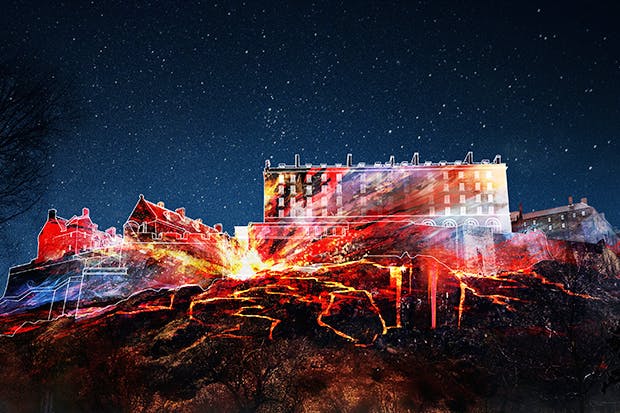
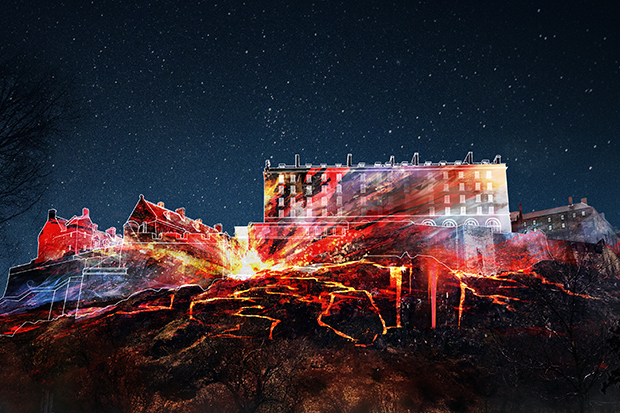
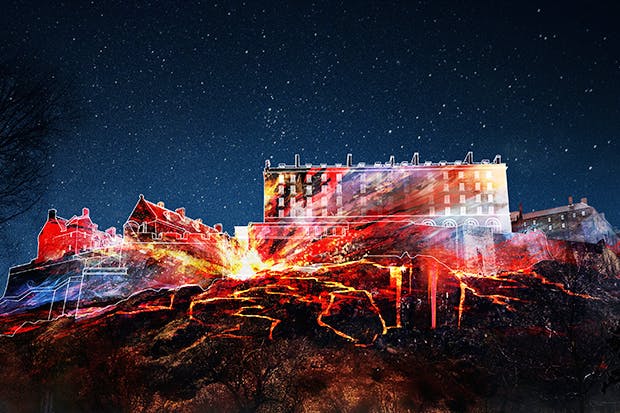

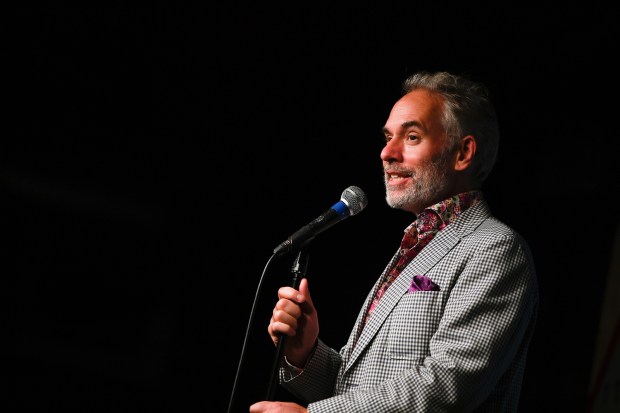
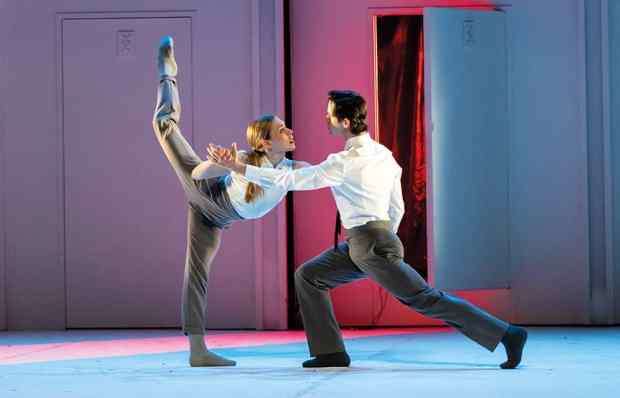
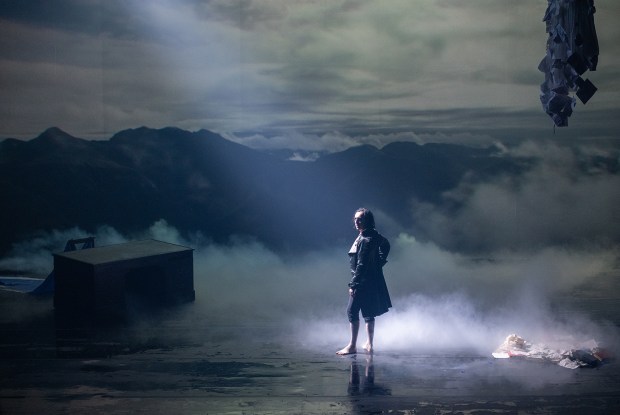






Comments
Don't miss out
Join the conversation with other Spectator Australia readers. Subscribe to leave a comment.
SUBSCRIBEAlready a subscriber? Log in